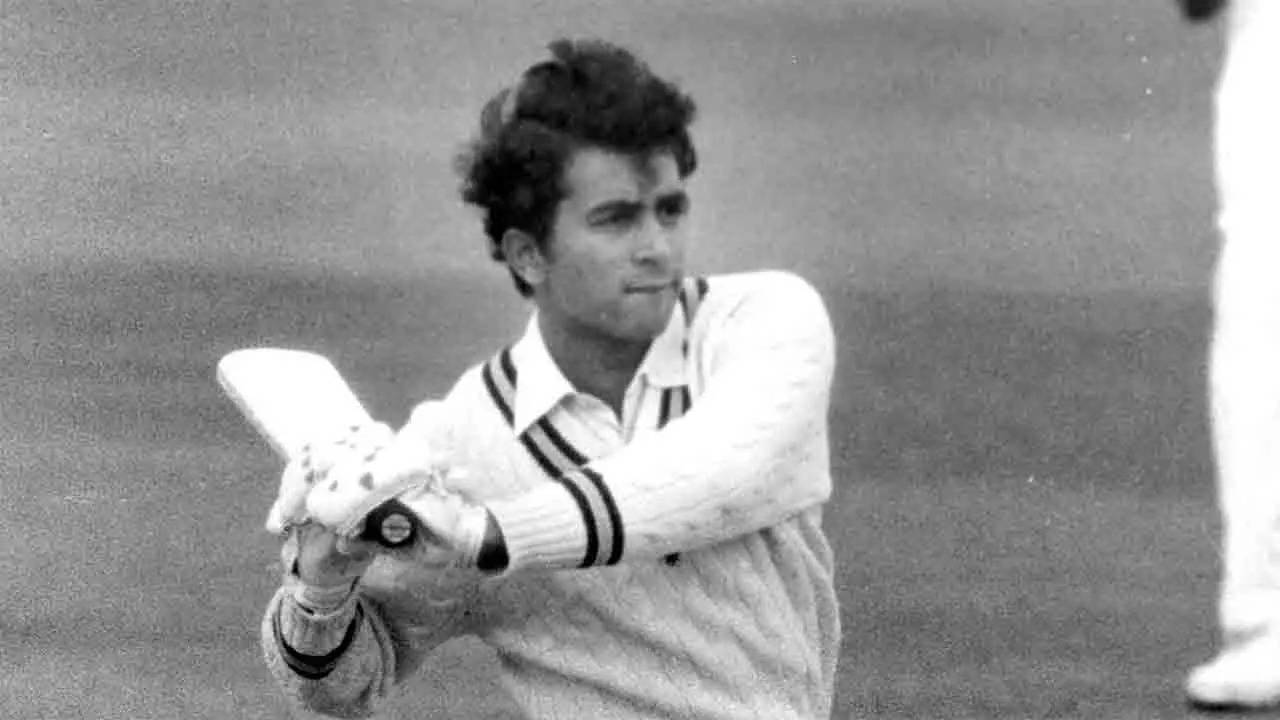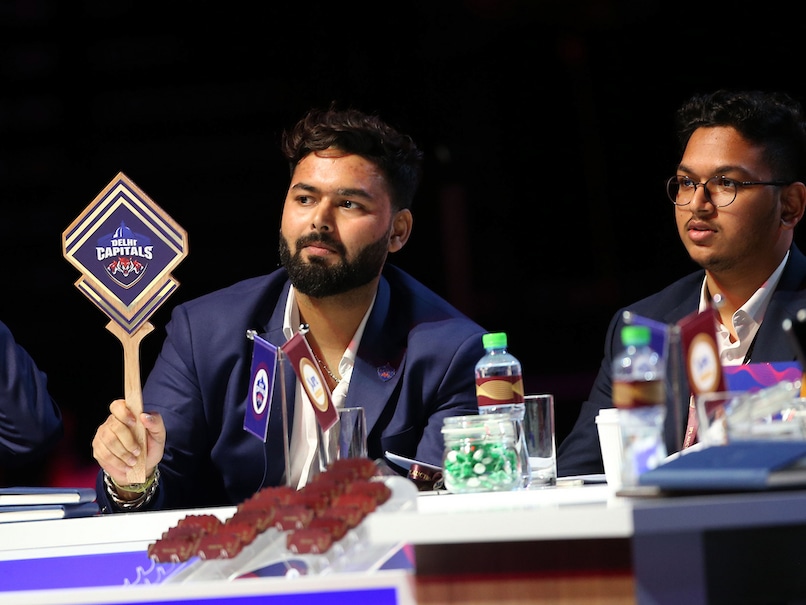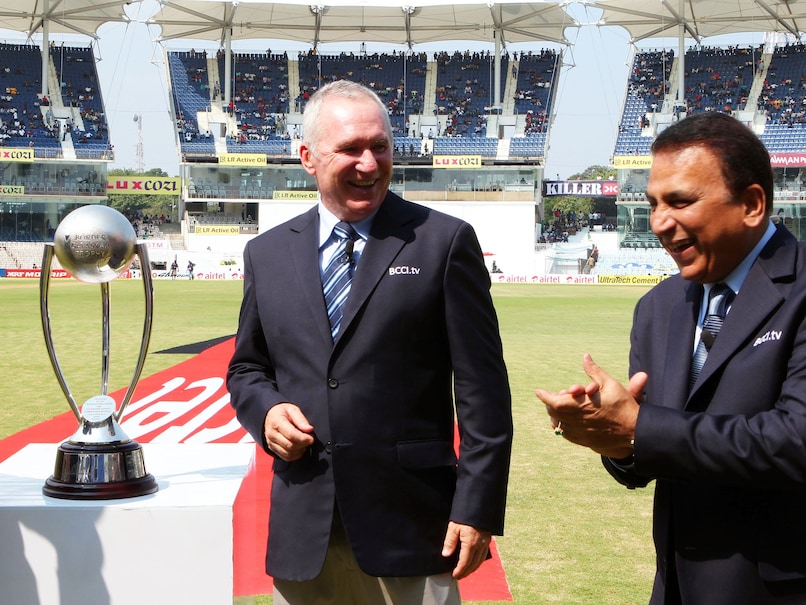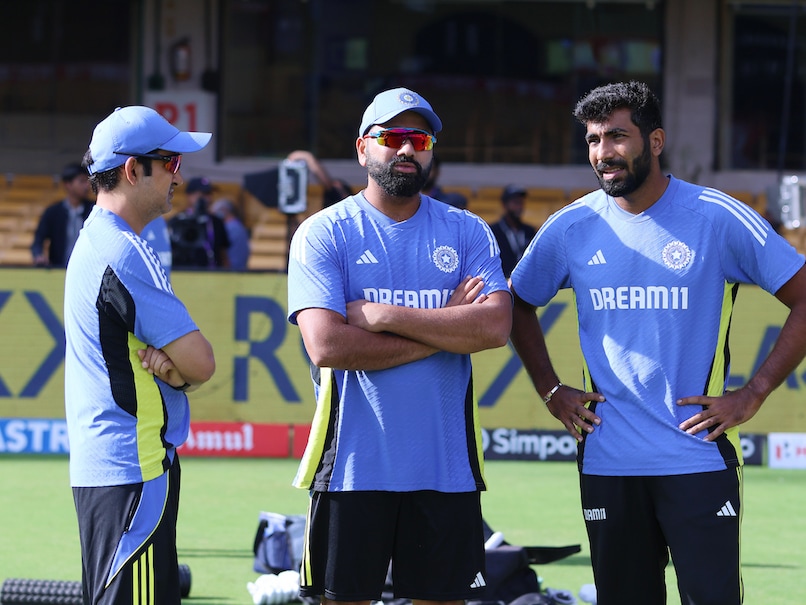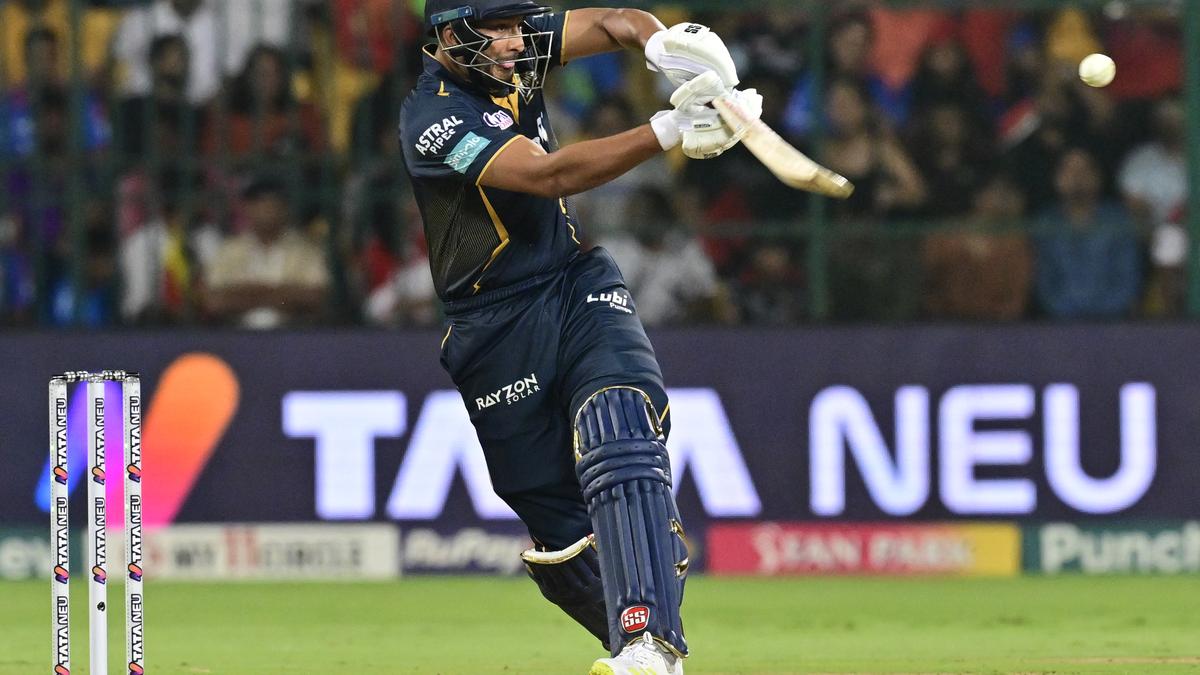Sunil Gavaskar, the legendary Indian batsman, left an indelible mark on the Ranji Trophy, India’s premier domestic cricket competition. Playing for Bombay (now Mumbai), Gavaskar was a pivotal figure in their dominance during the 1970s and 1980s.
Gavaskar’s prowess in the Ranji Trophy was evident in his consistent run-scoring. His ability to accumulate runs in the domestic circuit mirrored his success on the international stage. He was one of the leading scorers in the tournament, amassing numerous centuries and providing Mumbai with solid starts.
However, one particular match stands out in Gavaskar’s Ranji Trophy career. In the 1981-82 semi-final against Karnataka at the M Chinnaswamy Stadium, Gavaskar surprised everyone by batting left-handed. The pitch was turning square, and Karnataka’s spinner Raghuram Bhatt was posing a significant threat.
In an interview with Ravichandran Ashwin on his YouTube channel, Gavaskar revealed the reason behind his unconventional decision. He explained that he had been dismissed by Bhatt in the first innings while batting right-handed. Facing defeat in the semi-final, Gavaskar decided to take a tactical gamble.
“I said to the manager, ‘I am going to bat left-handed.’ He said ‘no no you can’t do that.’ I said look if I bat right-handed, I have no chance, he (Raghuram Bhatt) is going to get me in a few deliveries,” Gavaskar recalled.
As captain, Gavaskar had the authority to make the decision. He believed that batting left-handed would allow him to play the ball where it landed, reducing the chances of getting out to Bhatt’s spin.
“As a left-hander, which I had never ever done even in the nets before, or even in my house before, I said let me go and try that. And that’s exactly what happened I was playing where the ball was pitching, ball was turning and hitting me in the side or hitting me on the thigh pad. And that’s it, that’s how I survived playing Raghuram Bhatt and there was another leg-spinner, that’s how I batted,” Gavaskar said.
Gavaskar’s tactical move proved successful. He survived Bhatt’s spin and helped Mumbai avoid an innings defeat. While some criticized his decision as a sign of pique, Gavaskar maintained that it was a purely tactical move.
“Having said that, let me tell you, if it was playing for India, I wouldn’t have done that for sure. But here the match was gone, we had no chance, it was a matter of just trying to survive an innings defeat and that’s what we did,” he said.
Gavaskar’s legacy in the Ranji Trophy is as significant as his international career. He set an example for domestic players with his dedication and skill. His success in both domestic and international cricket established him as one of India’s most celebrated cricketers.

